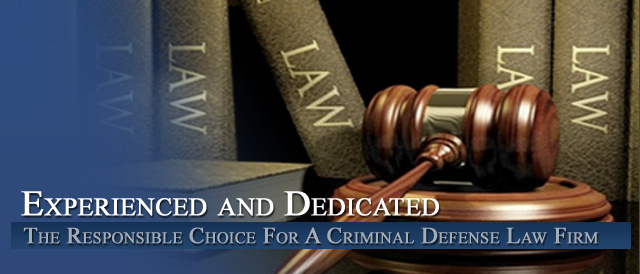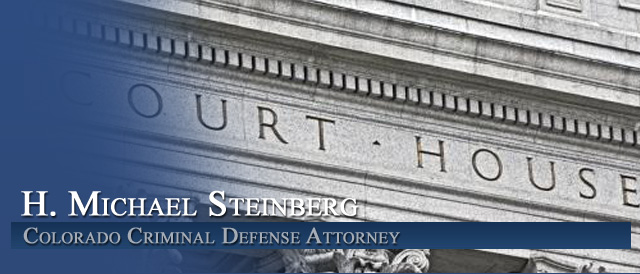




Derivative Liability: People Who Help Other People Commit a Crime Are Charged
Most of us have heard the terms “accomplice,” “accessory,” and “aider and abettor”–if only on TV. This article explains what these terms mean, and how anyone who intentionally participates in a crime may be held responsible for it.
Often people participate in crimes in different ways and to different degrees. For instance, in a bank robbery, one person may enter the bank and conduct the holdup, while another person is waiting in the getaway car and a third person is positioned at a different location as a spotter.
Principals and Accomplices
As a general rule, the law refers to the main actor in a crime as the principal and to assisting persons as accomplices. Technically, an accomplice is one who intentionally helps another to commit a crime.
Even if an accomplice does not carry out the crime, in the eyes of the law the accomplice’s pre-crime assistance makes him or her just as guilty as the person who does the deed itself. For example, assume that Lars Senny breaks into a warehouse and steals property belonging to the warehouse owner. Hal Perr would be Lars’ accomplice and just as guilty as Lars if Hal takes any of the following steps to assist Lars to commit the theft:
-
Hal works in the warehouse, and drugs the warehouse nightwatchman before leaving work on the day of the theft.
-
Hal cuts the wires to the burglar alarm (or cuts a hole in the fence) so that Lars can enter the warehouse without being detected.
-
Hal is a designer of warehouses, and meets with Lars a week before the theft to review warehouse layouts and exit routes.
-
Hal rents a U-Haul and parks it outside the warehouse on the night of the robbery.
-
Knowing what Lars has in mind, Hal agrees to babysit for Lars’ infant child while Lars goes to the warehouse.
To prove that a defendant is an accomplice, the government must prove that the he or she intentionally aided in the commission of a crime. This means that the defendant must realize that the principal is going to commit a crime and that the accomplice intends to help the crime succeed.
|
Accessory After the Fact
An accessory after the fact is someone who, knowing that a felon has finished committing a crime (usually the crime has to be a felony), helps the felon avoid arrest or trial. In most states, accessories after the fact face far less punishment than accomplices or principals.
Conspirators
Conspirators are two or more people who agree to commit a crime. (The distinction between accomplices and conspirators is that the former are “helpers,” while each conspirator is a principal.) Conspiracy is a controversial crime, in part because conspirators can be guilty even if the crime that they agree to commit never occurs. As a result, conspirators can be punished for their illegal plans rather than for what they actually do. As some protection against convicting people purely for their private thoughts, in most states conspirators are not guilty of the crime of conspiracy unless at least one of them commits an “overt act.” An “overt act” is an activity that in some way moves a conspiracy into motion.
Other Articles of Interest:
- Liability as an Accessory
- Colorado Criminal Law – The Principle of Aiding and Abetting – and The “Mere Presence Doctrine”
- Understanding The Colorado and Federal Laws of Harboring a Fugitive, A Minor and Accessory
- 023. COLORADO CRIMINAL CODE – GOVERNMENTAL OPERATIONS – OBSTRUCTION OF JUSTICE – RESISTING ARREST I
- Colorado Teen Driving Laws












